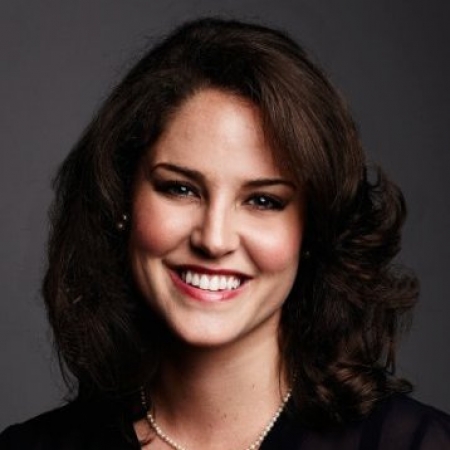Our Winter 2018 cover story, “The Investment Gap that Threatens the Planet,” takes a detailed look at investments in discovering and developing new solutions to address climate change. It finds that such investments are woefully low and have even been falling in recent years. The article concludes that philanthropists are particularly well-suited to bridging this investment gap in the market.
On this related podcast, David Johnson (@contrarianp), senior editor of Stanford Social Innovation Review, interviews Sarah Kearney (@swoodkearney) and Scott Burger (@burgersb), who co-authored the article along with Fiona Murray and Liqian Ma. Kearney is the founder and executive director of PRIME Coalition, a public charity that empowers philanthropists to inject charitable capital into market-based solutions to climate change. Burger is a doctoral candidate in the Institute for Data, Systems, and Society at MIT and the technology investment advisor to the PRIME Coalition.



They discuss why we need to continue developing new solutions to climate change in addition to harnessing existing solutions, why agriculture—one of the largest sources of greenhouse gas emissions—gets so little investment compared to other sectors, and why the venture capital industry in the United States is not in the business of solving social problems.
“Most [venture capital] funds are in a race to go first for the next Instagram,” Kearney says, “but no one wants to go first for the grid capacity energy storage company or industrial waste heat-to-electricity conversion company that might take longer and cost more and have uncertain exit options than the 10-year venture fund structure can afford.”
Additional resources:






